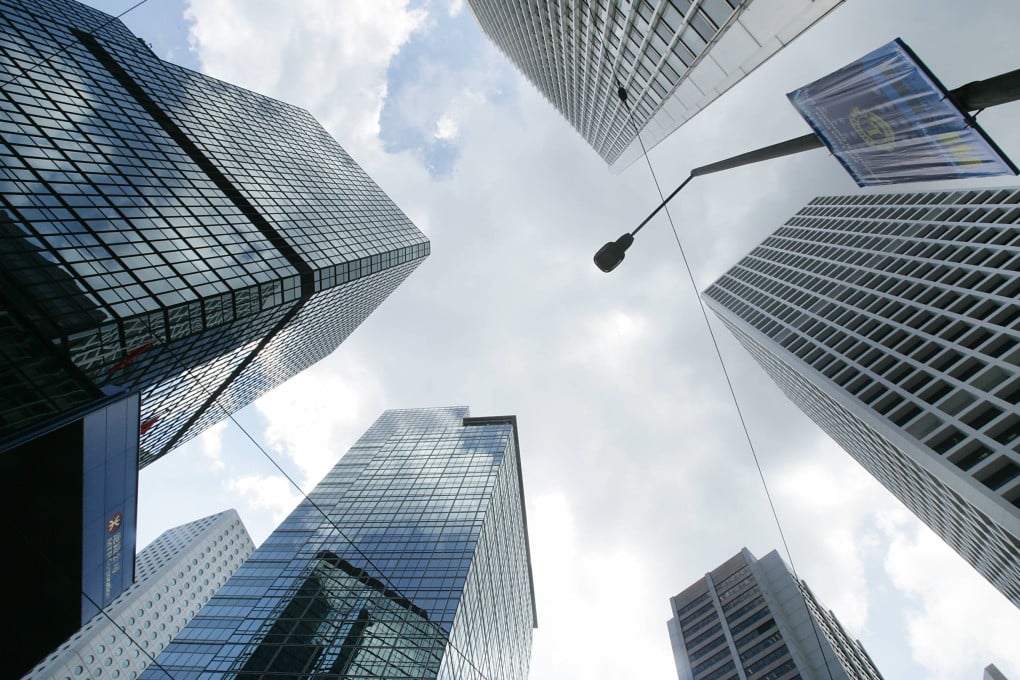Enough of Hong Kong's wintry summers
Kelly Yang says a serious discussion about our carbon footprint would help us make freezing indoor temperatures a thing of the past

It seems everywhere you go these days in Hong Kong, you can order a blanket - including at a freezing cinema. But as the attendant handed over the brown cover, I wondered why we could not just turn down the air con instead.
Some days, malls are set at a temperature of as low as 15 degrees Celsius. When I first came to Hong Kong, 11 years ago, in the middle of summer, beads of sweat poured down my face when I stepped outside. As soon as I stepped inside, goosebumps spidered up my arms and my breath misted around me. Not much has changed. Yet, air conditioning is estimated to account for 30 per cent of electricity used in our city (60 per cent during the summer).
And while the government has said it aims to cut energy consumption over the next decade, there's little incentive for malls to lower their consumption levels when the perception is that people will buy more when it's cold: a recent report by found that shoppers perceived cold temperatures as a sign of luxury. Never mind that it's also a sign of environmental disregard and wastefulness, given that much of our electricity comes from coal.
A few summers ago, I tried to be more environmentally friendly and turned down the arctic air conditioning in my office, where many children come to study writing. To my surprise, parents promptly complained, demanding that I turn it back to full blast; children learn best when freezing was the argument.
In the end, I took the situation directly to the students. We held debates and wrote essays about the environment. The kids came up with creative solutions for reducing energy - from installing solar panels on the side of the building to turning off lights during classes.
Not all the solutions were adopted but, in the end, we agreed that there was no need to keep all the air conditioners at full blast. More importantly, we got there by thinking it through as a community, an intelligent dialogue that involved hard facts and evidence, not just vague guesses about luxury or comfort.
